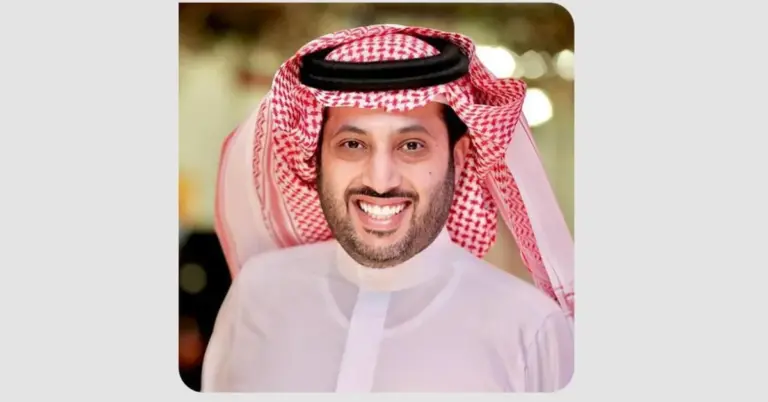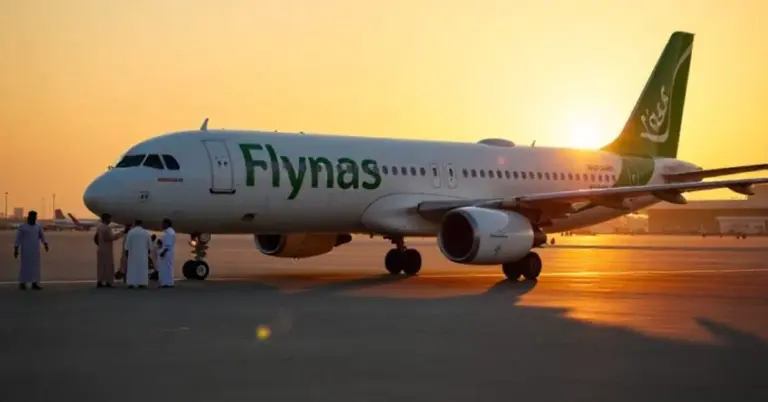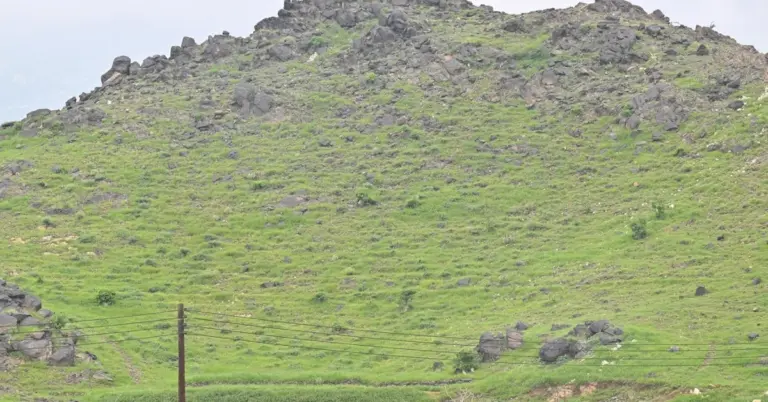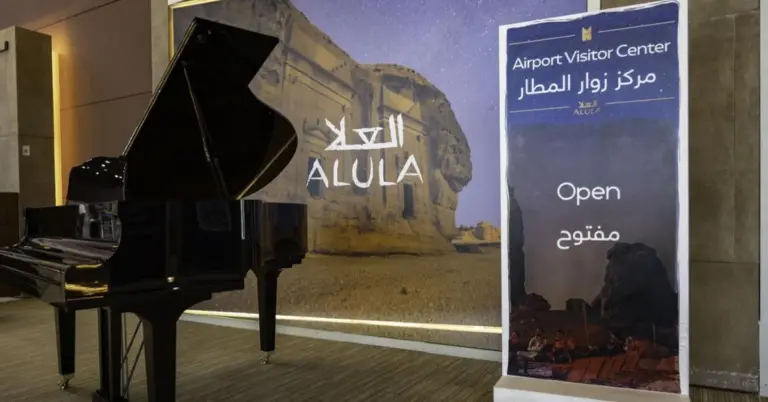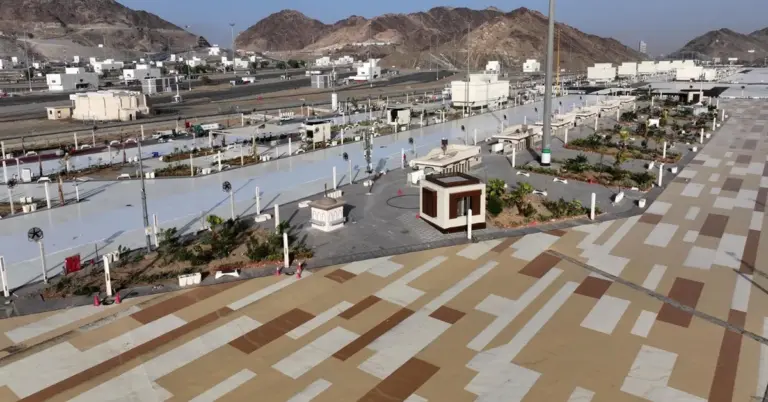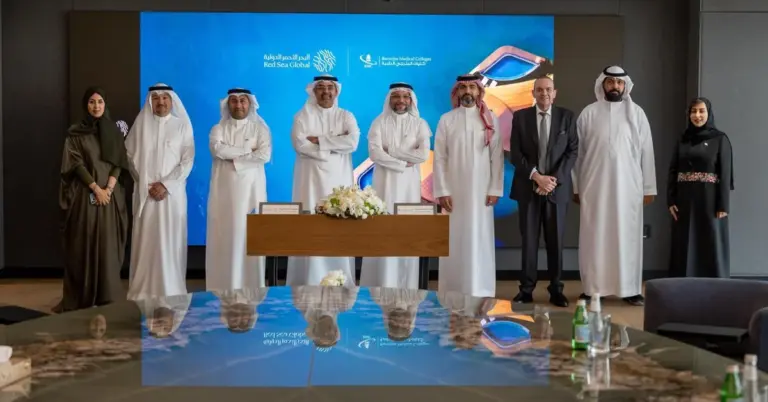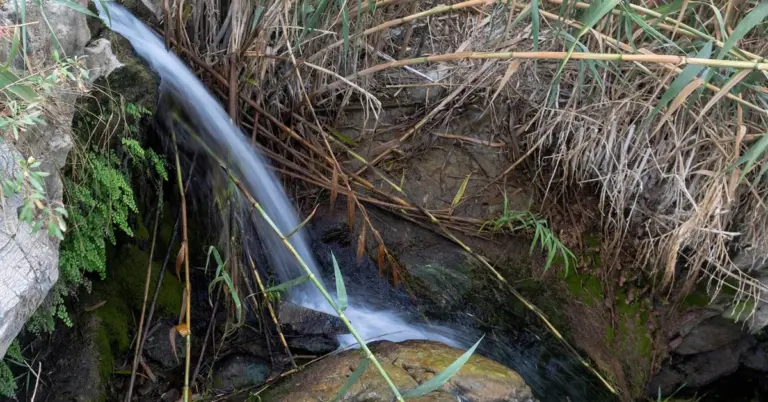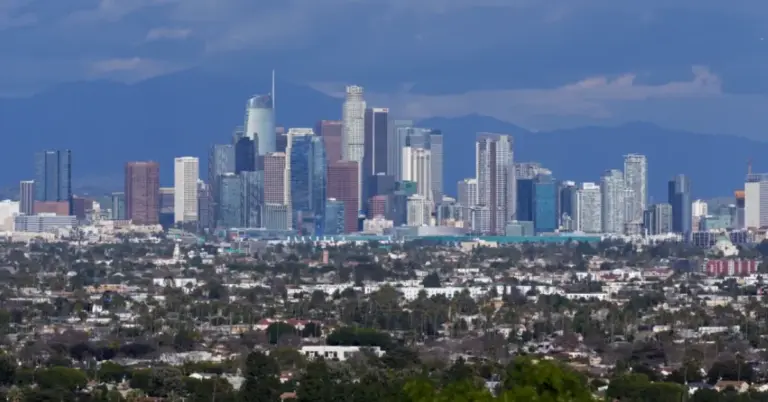**Titular:**
*Saudi Cabinet Endorses Global Partnerships, Peace Moves*
**Intro:**
Crown Prince Mohammed bin Salman chaired a Cabinet meeting in NEOM, addressing Saudi Arabia’s role in the UN General Assembly, sustainable development, and regional peace. The session greenlit negotiations on multilateral agreements spanning energy, defense, and cultural cooperation with several nations, alongside infrastructure and trade initiatives.
**Factbox (50 palabras):**
– **Agreements:** Energy, defense, culture, agriculture, and trade deals with Finland, Kyrgyzstan, Algeria, Thailand, Indonesia, Cambodia, Qatar.
– **Projects:** Railway cooperation with Kuwait; export development with Jordan.
– **Diplomacy:** Backed Palestinian statehood, nuclear disarmament.
– **Recognition:** UNESCO heritage status, ISO membership, ASOSAI presidency affirmed.
**Crown Prince Mohammed bin Salman Chairs Saudi Cabinet Session in NEOM, Highlights Global and Regional Initiatives**
NEOM, September 26, 2023 — His Royal Highness Crown Prince Mohammed bin Salman chaired a Saudi Cabinet session in NEOM, during which he expressed gratitude to world leaders and citizens for their congratulatory messages on the occasion of Saudi Arabia’s 93rd National Day. The session underscored the Kingdom’s recent diplomatic engagements and strategic priorities, emphasizing sustainable development, global peace, and regional collaboration.
### **Saudi Arabia’s Global Leadership at the UN General Assembly**
The Cabinet reviewed Saudi Arabia’s participation in the 78th United Nations General Assembly in New York, where the Kingdom reinforced its commitment to advancing sustainable development goals and fostering international peace. Discussions highlighted Saudi efforts to address global challenges, including climate change, economic inequality, and humanitarian crises, aligning with Vision 2030’s transformative agenda.
### **Strengthening Regional Stability**
The Cabinet emphasized Saudi Arabia’s role in promoting peace in the Middle East, particularly through joint efforts with the Arab League and the European Union. Key priorities include de-escalating regional tensions and advancing a two-state solution to the Israeli-Palestinian conflict, with explicit support for the establishment of an independent Palestinian state based on 1967 borders.
### **Nuclear Cooperation and Global Security**
Reaffirming its stance on global security, the Kingdom reiterated its commitment to nuclear non-proliferation and disarmament. Saudi Arabia seeks international partnerships to develop peaceful nuclear energy programs under International Atomic Energy Agency (IAEA) safeguards, ensuring transparency and regional stability.
### **National Milestones and International Recognition**
The session celebrated several achievements:
– Saudi Arabia’s election as President of the Asian Organization of Supreme Audit Institutions (ASOSAI) for 2023–2026, enhancing governance and accountability.
– Joining the International Organization for Standardization (ISO) Council, bolstering quality infrastructure and economic competitiveness.
– UNESCO’s recognition of *“Uruq Bani Ma’arid* as a World Heritage Site, spotlighting Saudi efforts to preserve natural and cultural heritage.
### **Expanding International Partnerships**
The Cabinet authorized negotiations to strengthen bilateral and multilateral agreements, including:
– **Energy & Defense**: Partnerships with Finland and Kyrgyzstan.
– **Culture & Agriculture**: Collaborations with Algeria and Thailand.
– **Trade & Investment**: Frameworks with Indonesia, Cambodia, and Qatar.
– **Infrastructure**: A cross-border railway project with Kuwait to boost connectivity.
– **Economic Growth**: Export development cooperation with Jordan to diversify trade.
### **Strategic Vision for the Future**
These initiatives reflect Saudi Arabia’s proactive diplomacy and dedication to Vision 2030’s goals. By fostering global cooperation, advancing technological innovation, and prioritizing regional stability, the Kingdom continues to cement its role as a pivotal player on the international stage.
The Cabinet concluded by directing ministries to finalize pending agreements and accelerate partnerships that align with national priorities, ensuring sustained growth and prosperity for Saudi Arabia and its allies.
—
*For continuous updates on Saudi Arabia’s transformative initiatives, follow official government channels and news platforms.*
**FAQs: Saudi Cabinet Session Chaired by Crown Prince Mohammed bin Salman in NEOM (September 26, 2023)**
1. **Why did the Saudi Cabinet convene in NEOM, and what significance does this location hold for the session chaired by Crown Prince Mohammed bin Salman?**
The Cabinet session in NEOM underscores the city’s role as a futuristic hub for Saudi Vision 2030, symbolizing innovation and governance aligned with the Kingdom’s transformative economic and social goals.
2. **Which global leaders did Crown Prince Mohammed bin Salman acknowledge for their National Day wishes, and how were these acknowledgments communicated?**
While specifics weren’t detailed, the Crown Prince formally thanked leaders worldwide during the session, likely through diplomatic channels, reaffirming Saudi Arabia’s international partnerships.
3. **What key outcomes emerged from Saudi Arabia’s participation in the 2023 UN General Assembly, particularly regarding sustainable development and peace initiatives?**
Saudi Arabia emphasized multilateral cooperation on climate action, poverty reduction, and conflict resolution, aligning with its Vision 2030 goals and global commitments like the UN Sustainable Development Goals (SDGs).
4. **How is Saudi Arabia collaborating with the Arab League and EU to advance regional peace, and what steps are being taken to support Palestinian statehood?**
The Kingdom is leveraging diplomatic dialogues and joint initiatives to promote a two-state solution, advocating for international recognition of Palestinian sovereignty and socio-economic support for Palestinian institutions.
5. **What is Saudi Arabia’s stated commitment to nuclear energy cooperation and disarmament, and are there specific agreements or frameworks being pursued?**
Saudi Arabia aims to develop peaceful nuclear technology under IAEA safeguards, focusing on energy diversification while advocating for regional disarmament to enhance Middle Eastern security.
6. **What responsibilities does Saudi Arabia’s ASOSAI presidency entail, and how does this role align with its domestic governance priorities?**
As ASOSAI (Asian Organization of Supreme Audit Institutions) president, Saudi Arabia will promote transparency, accountability, and efficient public resource management—principles mirrored in its domestic anti-corruption and fiscal reforms.
7. **Which sectors will benefit from Saudi Arabia’s ISO membership, and how will this enhance international standardization efforts?**
Energy, manufacturing, and digital infrastructure sectors will adopt ISO benchmarks, improving product quality, regulatory compliance, and global market integration, bolstering Saudi exports and foreign investment.
8. **Which Saudi sites received UNESCO World Heritage recognition, and how might this impact cultural tourism and preservation efforts?**
While not specified in the session, prior UNESCO listings like Al-Ahsa Oasis and Ḥimā Cultural Area highlight Saudi heritage, likely boosting tourism and funding for conservation projects.
9. **What strategic agreements did Saudi Arabia authorize with Finland, Kyrgyzstan, Algeria, Thailand, Indonesia, Cambodia, and Qatar across energy, defense, and trade?**
Agreements span renewable energy partnerships, military technology exchanges, agricultural innovation, and trade facilitation, aiming to diversify Saudi’s economy and strengthen geopolitical ties.
10. **What are the objectives of the Saudi-Kuwait railway project, and how does it fit into broader regional infrastructure plans?**
The project aims to enhance GCC connectivity, streamline cargo and passenger transport, and support cross-border economic integration as part of the Gulf Railway Network.
11. **How will Saudi-Jordan export development cooperation be structured, and which industries are prioritized for growth?**
Focus areas include pharmaceuticals, textiles, and agricultural exports, with plans for joint trade fairs, logistics partnerships, and SME support to boost bilateral trade volume.
12. **Which defense and security agreements were highlighted, and with which countries are these partnerships being established?**
While countries weren’t specified, prior collaborations suggest deals with Finland, Indonesia, and Qatar on cybersecurity, arms manufacturing, and counterterrorism intelligence sharing.
13. **What cultural exchange initiatives were approved, and which countries are involved in these agreements?**
Partnerships with Thailand, Algeria, and Cambodia may include heritage conservation projects, museum exchanges, and tourism promotions to foster mutual cultural understanding.
14. **In what ways will Saudi Arabia’s energy sector agreements emphasize renewable energy transitions?**
Agreements with Finland and Indonesia likely focus on green hydrogen, solar technology, and grid modernization to support Saudi’s goal of 50% renewable energy by 2030.
15. **What agricultural cooperation frameworks were discussed, and how will they address food security challenges in Saudi Arabia?**
Partnerships with Cambodia, Thailand, and Algeria may involve water-efficient farming tech, crop research, and supply chain investments to reduce reliance on imports under the National Agricultural Development Strategy.
**🔍 CTA (Llamado a la Acción):**
¿Quieres seguir explorando cómo Arabia Saudita está transformando su papel global bajo la Visión 2030? **Suscríbete a nuestro blog** para recibir actualizaciones exclusivas sobre sus avances diplomáticos, proyectos innovadores y alianzas estratégicas. ¡Comparte este artículo y únete a la conversación sobre el futuro de la cooperación internacional!
—
**🌟 Conclusión:**
La sesión del Consejo de Ministros en NEOM refleja el compromiso de Arabia Saudita con un liderazgo proactivo en el escenario mundial. Desde impulsar la paz regional hasta fortalecer la cooperación nuclear y respaldar acuerdos internacionales en energía, cultura y desarrollo económico, el Reino demuestra una visión integral para construir un futuro sostenible. Con su presidencia en ASOSAI, el reconocimiento de UNESCO y alianzas clave con países de Asia, Europa y el mundo árabe, Arabia Saudita consolida su posición como puente entre culturas y motor de innovación.
—
**🙏 Agradecimiento:**
Gracias por leernos. En un mundo de cambios acelerados, es crucial entender las iniciativas que moldean nuestro futuro. ¿Te interesa profundizar en temas de diplomacia, desarrollo sostenible o proyectos tecnológicos como NEOM? **Déjanos tus comentarios** y no olvides compartir este contenido para mantener informada a tu red. ¡Hasta la próxima actualización!
*#Visión2030 #CooperaciónGlobal #ArabiaSaudita*
—
*¿Deseas más análisis sobre políticas internacionales? Activa las notificaciones para no perderte ningún detalle.*

